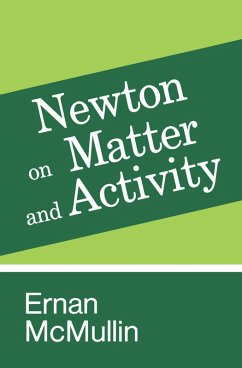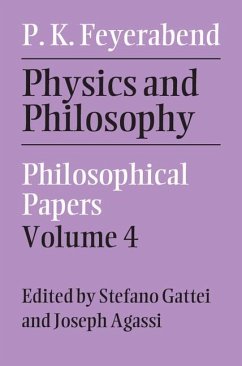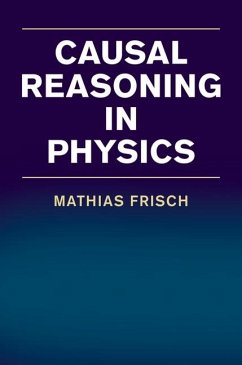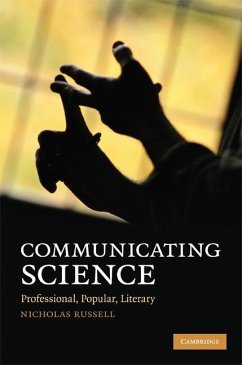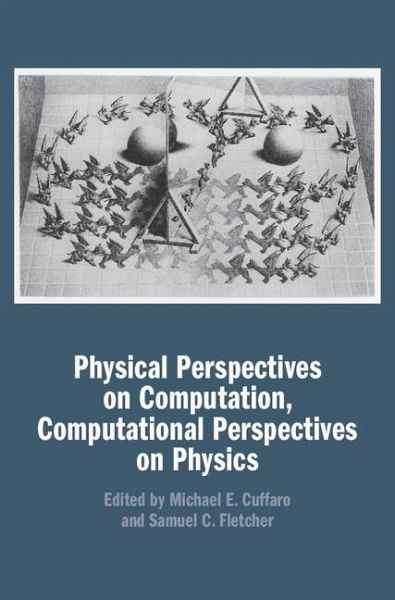
Physical Perspectives on Computation, Computational Perspectives on Physics (eBook, ePUB)
Versandkostenfrei!
Sofort per Download lieferbar
20,95 €
inkl. MwSt.
Weitere Ausgaben:

PAYBACK Punkte
10 °P sammeln!
Although computation and the science of physical systems would appear to be unrelated, there are a number of ways in which computational and physical concepts can be brought together in ways that illuminate both. This volume examines fundamental questions which connect scholars from both disciplines: is the universe a computer? Can a universal computing machine simulate every physical process? What is the source of the computational power of quantum computers? Are computational approaches to solving physical problems and paradoxes always fruitful? Contributors from multiple perspectives reflec...
Although computation and the science of physical systems would appear to be unrelated, there are a number of ways in which computational and physical concepts can be brought together in ways that illuminate both. This volume examines fundamental questions which connect scholars from both disciplines: is the universe a computer? Can a universal computing machine simulate every physical process? What is the source of the computational power of quantum computers? Are computational approaches to solving physical problems and paradoxes always fruitful? Contributors from multiple perspectives reflecting the diversity of thought regarding these interconnections address many of the most important developments and debates within this exciting area of research. Both a reference to the state of the art and a valuable and accessible entry to interdisciplinary work, the volume will interest researchers and students working in physics, computer science, and philosophy of science and mathematics.
Dieser Download kann aus rechtlichen Gründen nur mit Rechnungsadresse in A, B, BG, CY, CZ, D, DK, EW, E, FIN, F, GR, HR, H, IRL, I, LT, L, LR, M, NL, PL, P, R, S, SLO, SK ausgeliefert werden.






